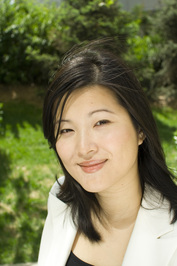



Her first book, "One Child: Story of China's Most Radical Experiment," debuted with "impeccable timing" just as Beijing announced a shift to a nationwide two-child policy. But at what cost? Now, as China closes the book on the policy after more than three decades, it faces a population grown too old and too male, with a vastly diminished supply of young workers.įong tackles questions that have major implications for China’s future: whether its “Little Emperor” cohort will make for an entitled or risk-averse generation how China will manage to support itself when one in every four people is over sixty-five years old and above all, how much the one-child policy may end up hindering China’s growth.Ībout the author: Pulitzer-prize winning journalist Mei Fong was a Wall Street Journal Chinca correspondent. When Communist Party leaders adopted the one-child policy in 1980, they hoped curbing birth-rates would help lift China’s poorest and increase the country’s global stature. Mei Fong discusses "One Child: The Story of China's Most Radical Experiment." She will be joined in conversation by Jonathan Eig.Ĭo-sponsored by the IWH: Lawyering for Reproductive Justice, The University of Chicago Asian Pacific Law Students' Association, & China Law SocietyĪbout the book: An intimate investigation of the world’s largest experiment in social engineering, revealing how its effects will shape China for decades to come, and what that means for the rest of the world.


 0 kommentar(er)
0 kommentar(er)
